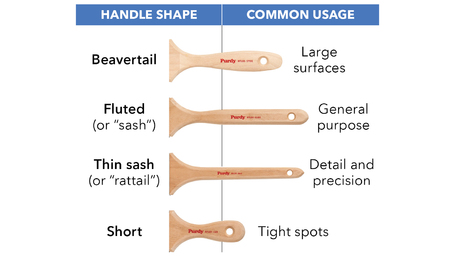I recently got a quote from a respected mason to lay a 10″ block foundation (14 courses high) for a 2-1/2 story house. He is also doing the footers. On his quote, he was showing a 6″x24″ footer. Is that an acceptable size? I alway thought the rule was width= 2 x wall thickness and depth=wall thickness, giving you a 10″x20″ footer. What about rebar? I’m thinking 2 #4’s.
Also, what are your opinions on vertical reinforcement.? I was think grouting the cores solid 4′ o.c. with #4 rebar. Should I be doing more? I also want the top course grouted solid to act as a sort of bond beam. Is this necessary?
Thanks for the help. Craig



















Replies
your building code addresses this and the local conditions that the code is designed for.. ask your building inspector...
or ask your mason to change to 8" x 20"..... or 10" x 20"... he'll save concrete if he does
>> ... change to 8" x 20"..... or 10" x 20"... he'll save concrete if he does
Could you explain how 8x20 or 10x20 saves concrete over 6x24.
no, i can't ... can you ?
but the 8 x 20 only uses a little itty bit more, now don't it ?Mike Smith Rhode Island : Design / Build / Repair / Restore
Your ideas about vertical reinforcement with a #4 on 4' centers as well as a bond beam are excellent. The bond beam should have 2 #4's as well. Fill the cores and bond beam with grout. We usually do this with grout purchased from a ready-mix concrete supplier in a concrete truck.
carpenter in transition
There is no local building code or code official. I will check IBC.
Try calling your state department of housing and construction. They can send or fax you a copy of the local soil bearing capacity and a table of footing specifications. You might also ask for siesmic zone information and localwind speed designe criteria. There is a lot more to designing a two story block wall than just the footing and guessing at rebar placement, or bond beams, etc. No inspectors means you are investing yourmoney and future with a guy that may or may not know how to properly design your home.
I depends a lot on soil conditions. $500 for a civil engineer with soils experience might not be a bad idea. If you guess too weak, your foundation will move or crack and can never be economically fixed. If you guess too strong, you could spend more in materials and labor than you'd spend on an engineer. You don't need engineering drawings, just an opinion and a hand sketch, so the cost would not be too bad.